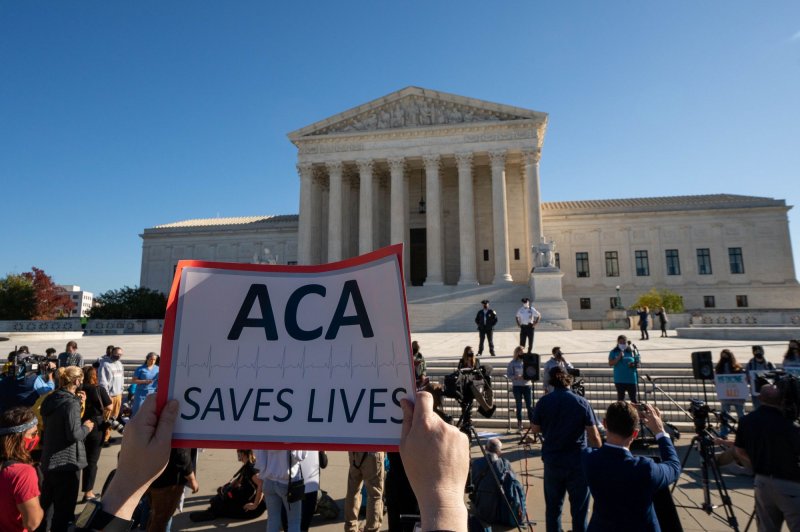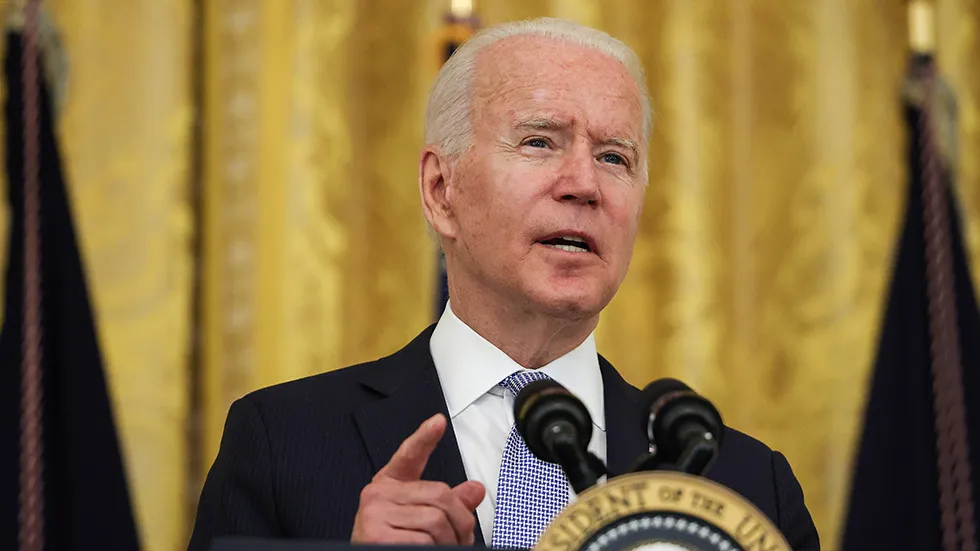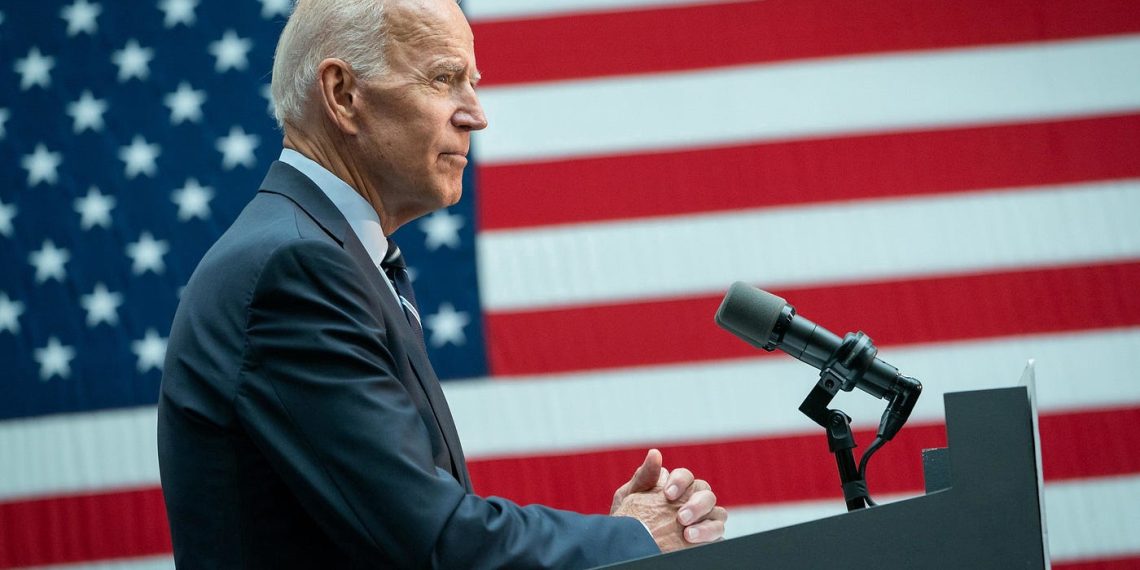In a courtroom showdown, the Biden administration fervently defended a federal mandate mandating health insurers to cover preventive care services like HIV-preventing medication and cancer screenings without additional costs.
Attorney Daniel Aguilar emphasized the critical and life-saving nature of these services for millions of Americans during arguments before a three-judge panel of the 5th U.S. Circuit Court of Appeals.
The appeal comes in response to a federal judge’s ruling that could nullify the mandate, which requires insurers to cover a broad range of services determined by a federal task force, a component of the Affordable Care Act (ACA) or Obamacare.

Notably, the panel did not provide clear indications of its stance during the arguments. The lawsuit, spearheaded by Texas-based Braidwood Management, contested the mandate on religious grounds, particularly objecting to covering HIV pre-exposure prophylaxis (PrEP).
However, the plaintiffs argued that the entire mandate was unconstitutional because it vested excessive power in a task force appointed by a mid-level U.S. health official rather than by the president and confirmed by the Senate.
U.S. District Judge Reed O’Connor sided with the plaintiffs in March 2023, halting the mandate’s enforcement nationwide. Attorney Jonathan Mitchell, representing Braidwood, urged the 5th Circuit to uphold O’Connor’s ruling, emphasizing concerns over governmental overreach.
The Biden administration countered, asserting that Health and Human Services Secretary Xavier Becerra, confirmed by the Senate, could retroactively validate the task force’s decisions. However, Mitchell contended that such retroactive validation was unauthorized under the ACA.

Aguilar urged the court to consider a nuanced approach, suggesting that any ruling should preserve as much of the ACA as possible while addressing plaintiffs’ concerns. He emphasized the importance of ensuring continued access to critical preventive care services for all Americans, even in the face of legal challenges.
The outcome of this legal battle could have significant implications for healthcare coverage nationwide, particularly regarding access to essential preventive care services under the ACA.




